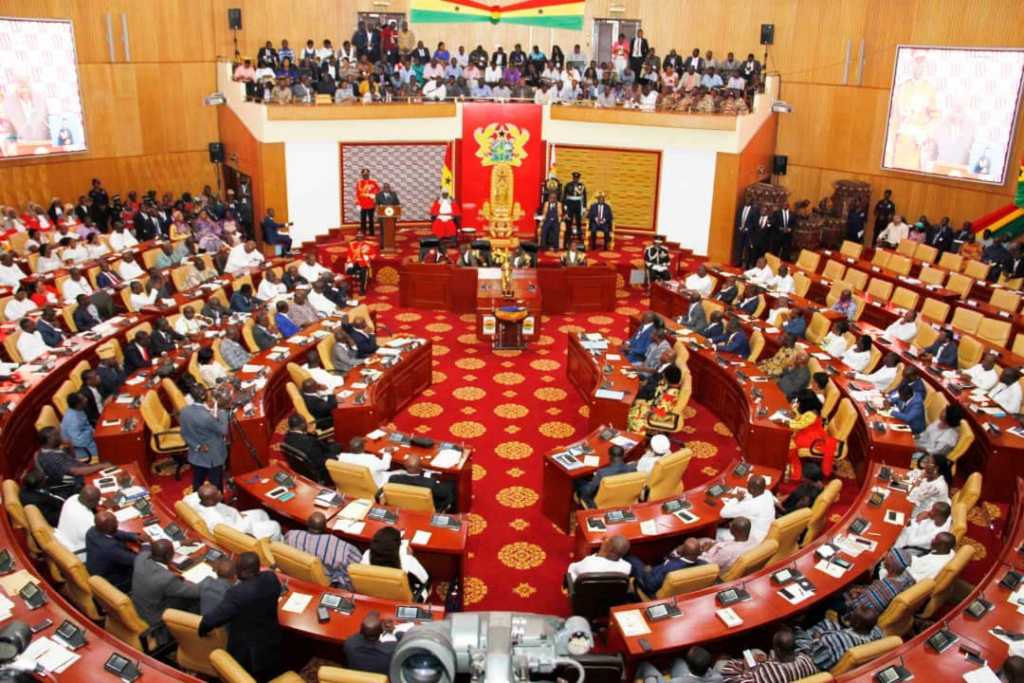adverts
Parliament is to begin the use of local languages on the floor of the House to promote the Ghanaian culture and prevent it from becoming extinct.
Order 63 of the new Standing Orders states that a Member of Parliament (MP) may use any of the local languages subject to interpretation and translation to the understanding of all.
That is expected to take off during the second meeting of the fourth session of the Eighth Parliament.
adverts
The Speaker of Parliament, Alban Sumana Kingsford Bagbin, said the necessary facilities were to be put in place including translators and the appropriate gadgets for a smooth take-off.

So, barring any hitches, the new measure will take off after the Easter break.
The issue of the use of local languages became topical on the floor of Parliament, yesterday when the Second Deputy Minority Leader, Emmanuel Armah-Kofi Buah, presented a statement for the promotion and preservation of the Nzema Language
Mr Buah, who is also the National Democratic Congress MP for Ellembele in the Western Region, said the Nzema language was one of the 11 local languages in the curriculum of the basic and senior high school levels and was examinable.
Unfortunately, is a matter of worry that despite the high level of development of the language, interest in the teaching and learning of the language in our educational institutions is waning drastically.
This attracted contributions from members who in unison called for local languages to be used at the basic schools to promote the languages and bring proper understanding to the various subjects.
They said just like the Asia Tigers, it should be possible for science subjects including chemistry to be taught in the local languages
Subsequently, the Speaker directed that the statement be referred to the committees on Education, Culture, Tourism and Finance for a decision to be taken.
The referral is to enable the Ghana Education Service to embrace the concept of using the language at the basic schools or the lower primary, promote the Ghanaian culture and tourism and look at the financial considerations.
Parliament upon reconvening on February 6, 2024 began the implementation of its new Standing Orders with the introduction of a daily roll call of members and recitation of the national pledge.
The new Standing Orders replace the old ones, which have been in existence since 2006.
The roll call, captured in order 14, is to make the attendance list more credible and erase doubts as to who was present in the chamber, especially during crucial voting periods.
The intent of the new Standing Order is also to instil discipline and promote a sense of duty in respect of the people who voted for the MPs.
The recitation of the national pledge, on the other hand, is to enhance patriotism and love for the country.
The Speaker said the oral roll call did not negate the signing of the attendance books either in the chamber or at the committee level.


